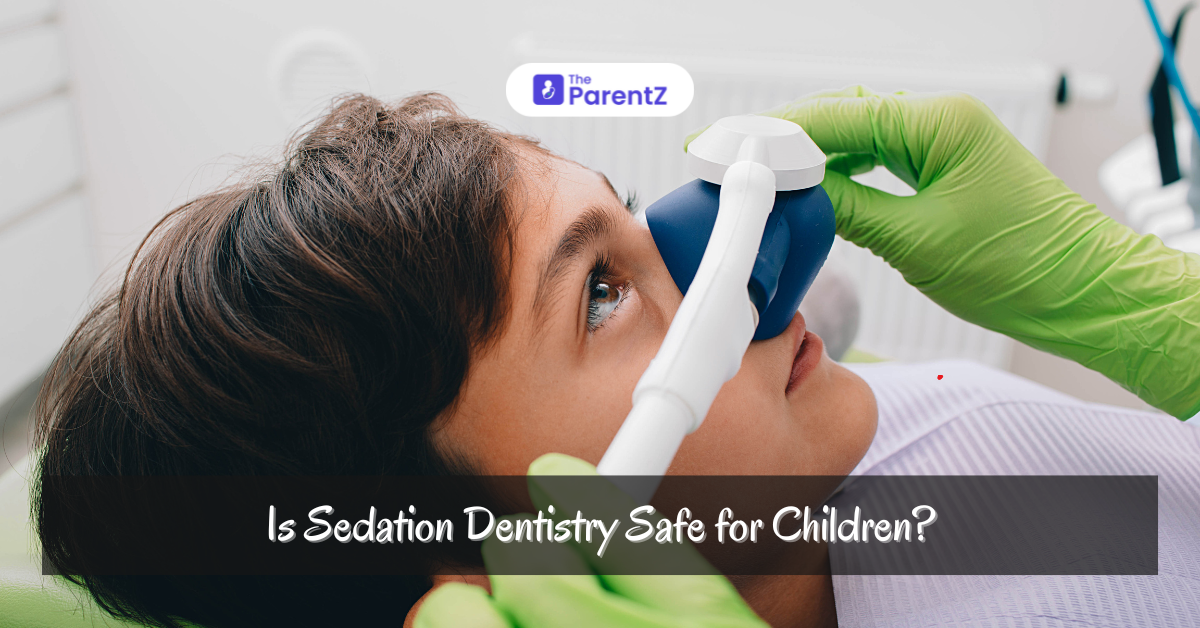Dental visits can be daunting for children, especially when they face anxiety or need to undergo extensive procedures. To ease these challenges, sedation dentistry offers a solution that can make dental treatments more manageable for both the child and the dentist. However, the question on many parents' minds is, "Is sedation safe for my child?" This article will guide you through the key points of sedation in dentistry, including what it is, how it works, and its safety considerations.
What is Sedation in Dentistry?
Sedation in dentistry involves the use of medications to help patients relax during dental procedures. It's commonly used for children who experience dental anxiety, have special needs, or require lengthy treatments. There are various levels of sedation, each tailored to meet different needs:
1. Minimal Sedation: The child remains awake but relaxed. They can respond to verbal commands and maintain their natural reflexes.
2. Moderate Sedation (Conscious Sedation): The child may feel drowsy and might not remember the procedure, but they are still conscious and can respond to instructions.
3. Deep Sedation: The child is on the edge of consciousness and may not easily be awakened but can respond to repeated or painful stimulation.
4. General Anesthesia: The child is completely unconscious and unaware of the procedure.
The Process of Sedation
Sedation can be administered in several ways, depending on the type and level required:
- Oral Sedation: A liquid or pill is given to the child, usually about an hour before the procedure. It’s effective for mild to moderate sedation.
- Inhaled Sedation (Nitrous Oxide): Also known as "laughing gas," this is administered through a mask that covers the child’s nose. It’s the mildest form of sedation and wears off quickly.
- Intravenous (IV) Sedation: Administered directly into a vein, this method allows for deeper sedation and is typically used for more complex procedures.
- General Anesthesia: This is administered either through an IV or via inhalation and is usually reserved for extensive dental work or when other sedation methods are insufficient.
Is Sedation Safe for Children?
When administered by a trained pediatric dentist or anesthesiologist, sedation is generally safe for children. However, like any medical procedure, there are risks involved. The safety of sedation depends on factors such as the child’s age, weight, health status, and the type of sedation used.
Facts and Figures
- According to the American Academy of Pediatric Dentistry (AAPD), sedation is a safe and effective way to manage pain and anxiety in pediatric patients when performed by experienced professionals.
- The AAPD guidelines emphasize that a thorough medical history should be taken before sedation to identify any potential risks.
- It’s reported that complications from sedation are rare, occurring in fewer than 1 in 10,000 cases.
Important Considerations for Parents
- Pre-Sedation Consultation: Before your child undergoes sedation, the dentist will conduct a detailed evaluation, including a review of their medical history, to determine the most appropriate sedation method.
- Monitoring During Sedation: During the procedure, your child’s vital signs, such as heart rate, blood pressure, and oxygen levels, will be closely monitored to ensure their safety.
- Post-Sedation Care: After the procedure, your child may feel groggy or disoriented. It’s important to follow the dentist’s instructions for aftercare to ensure a smooth recovery.
Conclusion
Sedation in dentistry can be a valuable tool in making dental procedures less stressful for children. While it is generally safe when administered by trained professionals, it’s important for parents to understand the process and be aware of any potential risks. Always discuss any concerns with your child’s dentist and ensure that all necessary precautions are taken to make the experience as safe and comfortable as possible.








Be the first one to comment on this story.